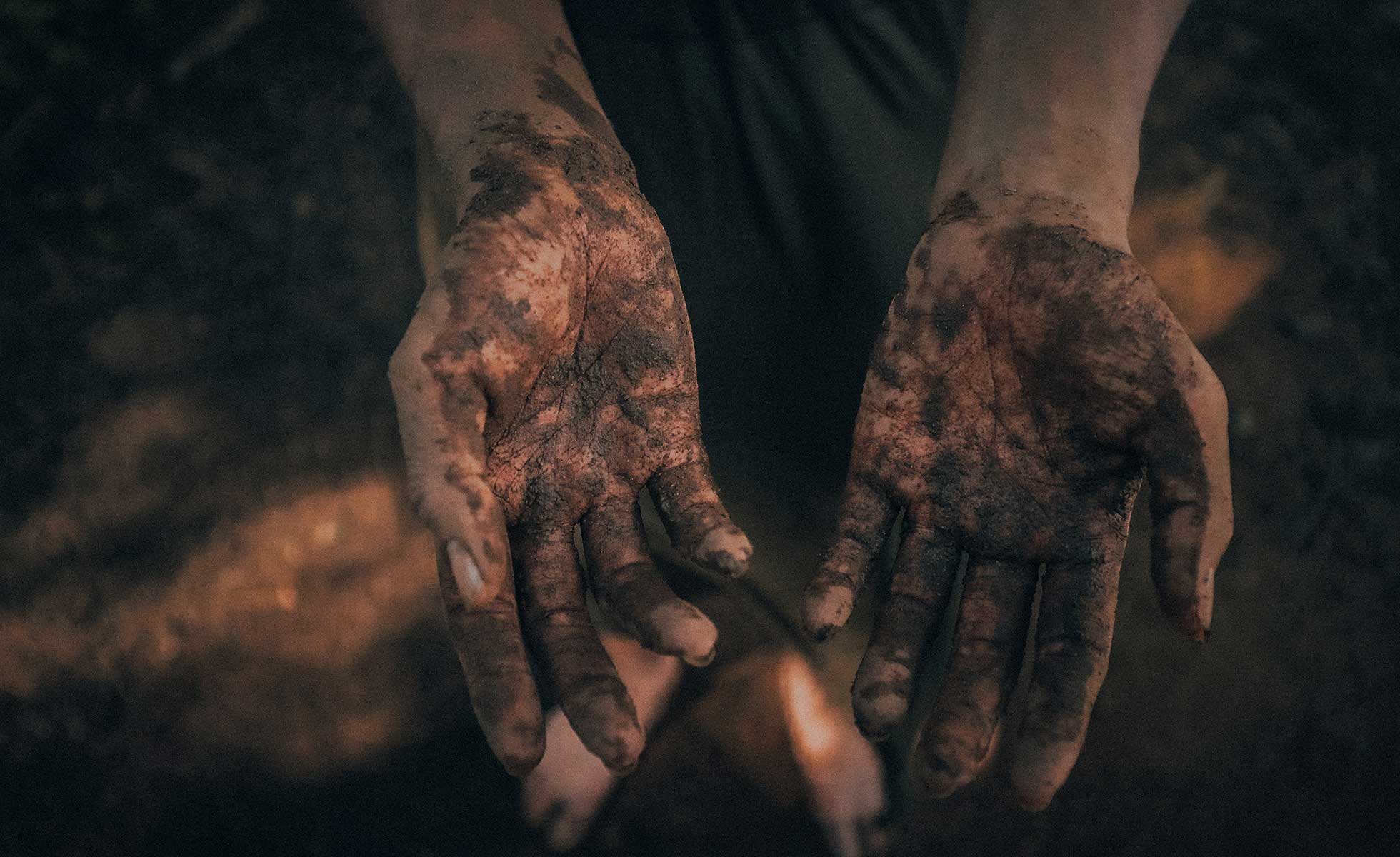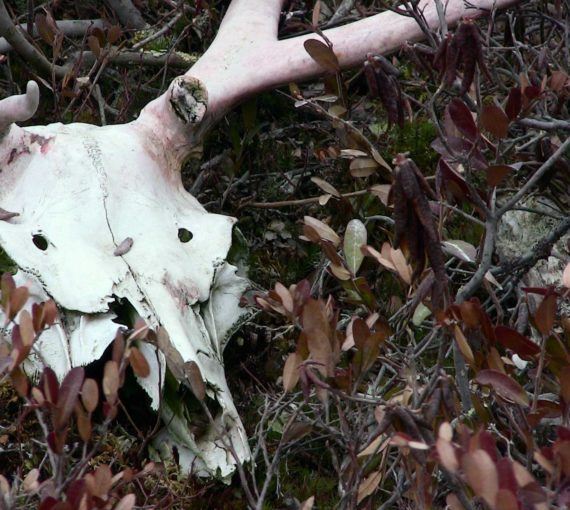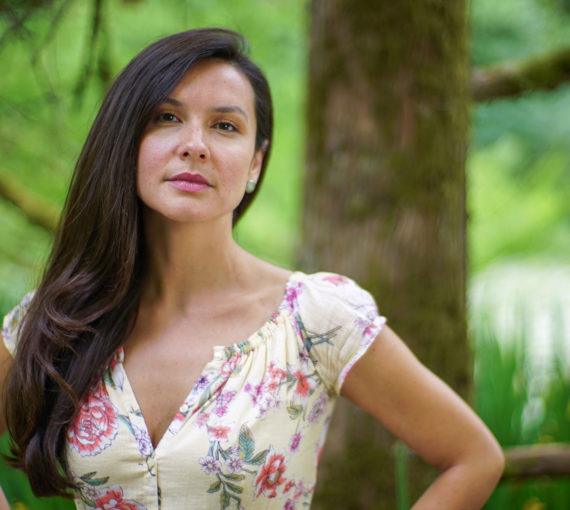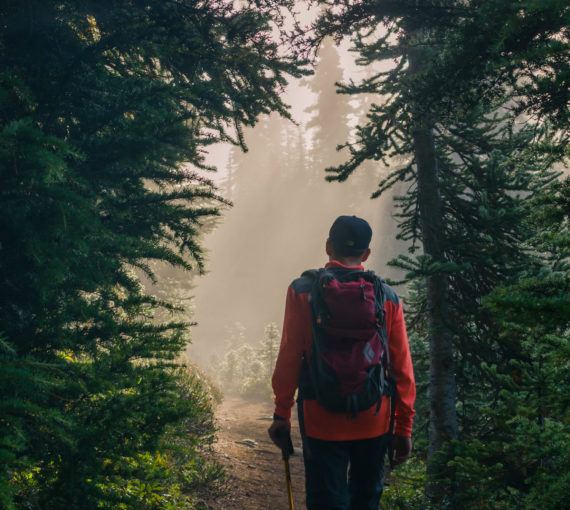
Getting her hands dirty doing farm work, Public Engagement Specialist Paula Hill is reminded of the power of her people, their teachings and the healing benefits of engaging with Mother Earth. (Photo: Chris Yang via Unsplash)
I was outraged when I read “Peter Khill found not guilty of murder.” I raged inside and it gushed out of me like lava flow. I yelled at the white woman who tried to help me with my computer. I barked at my boss and then apologized. I drove like a maniac. I was mad at myself. I was mad at the world.
I’ve worked in the justice system. I know what goes on in those courthouses. I knew there would be no justice for the murder victim, Jon Styres and his family… but it still hurt like hell.
In the media, on Twitter, on Facebook, I saw the pictures — the anguish in the faces of Jon’s family. Those pictures burned a hole in my spirit. I know those people. They’ve seen my children grow. They’ve laughed and cried with me over the years. “They’re good people, they deserve better. They don’t deserve any of this.” That truth tore my heart apart, it took my breath away and pushed uncontrollable tears down my face.
I had a trip planned to Quebec for the Canada Day long weekend, just a few days later. My children and I were going to an organic farm and I hoped to write a blog about the trip. I had to go. So we packed our bags and early Saturday we drove to Kanesatake, Quebec.
When we arrived in Oka, I accidentally went to the wrong farmhouse. When I realized my error I pushed my children back into the car and peeled out of there, scared we would be shot. I remember the Staats boy (my neighbour) who was murdered this way when I was young. It’s a fear I’ve carried ever since. Colton Boushie, Tina Fontaine, Cindy Gladue — all names that were running through my mind. All victims of murder. All their murderers walk free, not so much as a blemish on their criminal records after they killed a human being, the concept of “human being” apparently lost on the juries.
As we drove through Oka and then to Kanesatake, I saw the magnificent white pine trees and I recognized them from the news coverage of the Oka Crisis in 1990. I thought it was funny that I recognized those trees. I marvelled at my memory and my children asked me, “What is Oka?”
My heart felt rejuvenated and uplifted by the opportunity to interact with Mother Earth and to learn from Chuck Barnett and Valerie Gabriel at Kanesatake, to be reminded of the power of my people, our teachings and the power of Mother Earth.
I was shocked at the question. Had I never told them about Oka before? I told my children of the awakening that Canada had that summer of 1990, when the Mohawks of Kanesatake had a shoot out with the Sûreté du Quebec, and then the infamous Mohawk Warriors standing toe to toe with the Canadian Army.
I proudly remembered how our people came together from all over Turtle Island to support them. I was filled with pride as I told them the story. Those are our people. As painful as that summer was to witness, it still left a feeling of pride that our people stood up for those trees, and protected the graves of their ancestors buried there.
We found Chuck Barnett’s organic garlic and tree farm, thanks to the hospitality of a Kanesatake store owner and with a little guidance from two young Mohawks on a dirt bike. We had a great day learning from Chuck and his beautiful partner Valerie Gabriel. Valerie proudly showed us her organic garlic, the squash she grows from her 800-year-old seeds, and Chuck guided us through the processes he uses to nurture and grow a variety of trees native to the area. Chuck proudly told us that Valerie had built the farm’s irrigation system herself. Valerie described her delight in seeing milkweed growing naturally in the field.
Chuck has a process for making soil and he let us be a part of it. Our afternoon was spent putting white pines in the soil we made from leaves, bits of bark and transplanted soil from the forest. It felt so good to smell that soil, to help nurture the lives of those baby trees, and to listen to Chuck and Valerie’s stories. Chuck described the loving way that trees ensure the viability of their seeds by covering them with their leaves to keep them warm over the winter. I marvelled at how brilliant and nurturing the trees are.
For some reason, I was nervous planting those trees, convinced I would do something wrong. Chuck gently commented on my nervousness. The next tree I planted, I did it with a little more confidence. I was covered in dirt and water. I was happy we made the six-hour drive to Kanesatake.
Honouring our ancestors, continuing to seek justice even against what seems insurmountable and protecting lives — whether it’s Indigenous lives or the lives of the trees or the bees or orcas or whatever — that’s worth fighting for.
Over lunch we heard Chuck and Valerie’s love story, of how Chuck knew that Valerie was “the one.” My heart felt rejuvenated and uplifted by this opportunity to interact with Mother Earth and to learn from Chuck Barnett and Valerie Gabriel at Kanesatake, to be reminded of the power of my people, our teachings and the power of Mother Earth. I realized the sadness I had driven there with had dissipated. I was gently reminded of the healing benefits of engaging with Mother Earth.
Chuck told us that at one point Kanesatake had serious soil erosion troubles, so the men had planted the white pines to protect against further erosion. As we drove out of the community, I admired the majestic beauty and spiritual strength of those huge trees. They stand tall and proud, looking over the people.
To the Haudenosaunee, white pines symbolize our agreement to bury our weapons. The eagle rests atop those trees. These things all protect us. We know that we are backed by our ancestors and Creator.
When I returned to Ontario, I read of the success of the Canada Day assembly organized on Queen’s Park by the women of Six Nations. They called for changes to be made to the justice system. They stood on their knees with their hands in the air, highlighting Jonathan Styres’s fragility as he was shot in the back and chest, his life taken and the killer allowed to walk free. They chanted in protest as Doug Ford arrived on stage to give a Canada Day speech. Doug Ford left the stage within seconds.
As heartbreaking as the circumstances were that led to that Canada Day assembly, it reminded me that I am here for a reason; I have lots of work to do. We all do. We have to help Canadians see the injustices when murder is permitted because a life is not valued. Honouring our ancestors, continuing to seek justice even against what seems insurmountable and protecting lives — including the lives of those who seem not to matter – whether it’s Indigenous lives or the lives of the trees or the bees or orcas or whatever — that’s worth fighting for.
Paula Hill is Cayuga Nation, Wolf clan from Six Nations of the Grand River.


